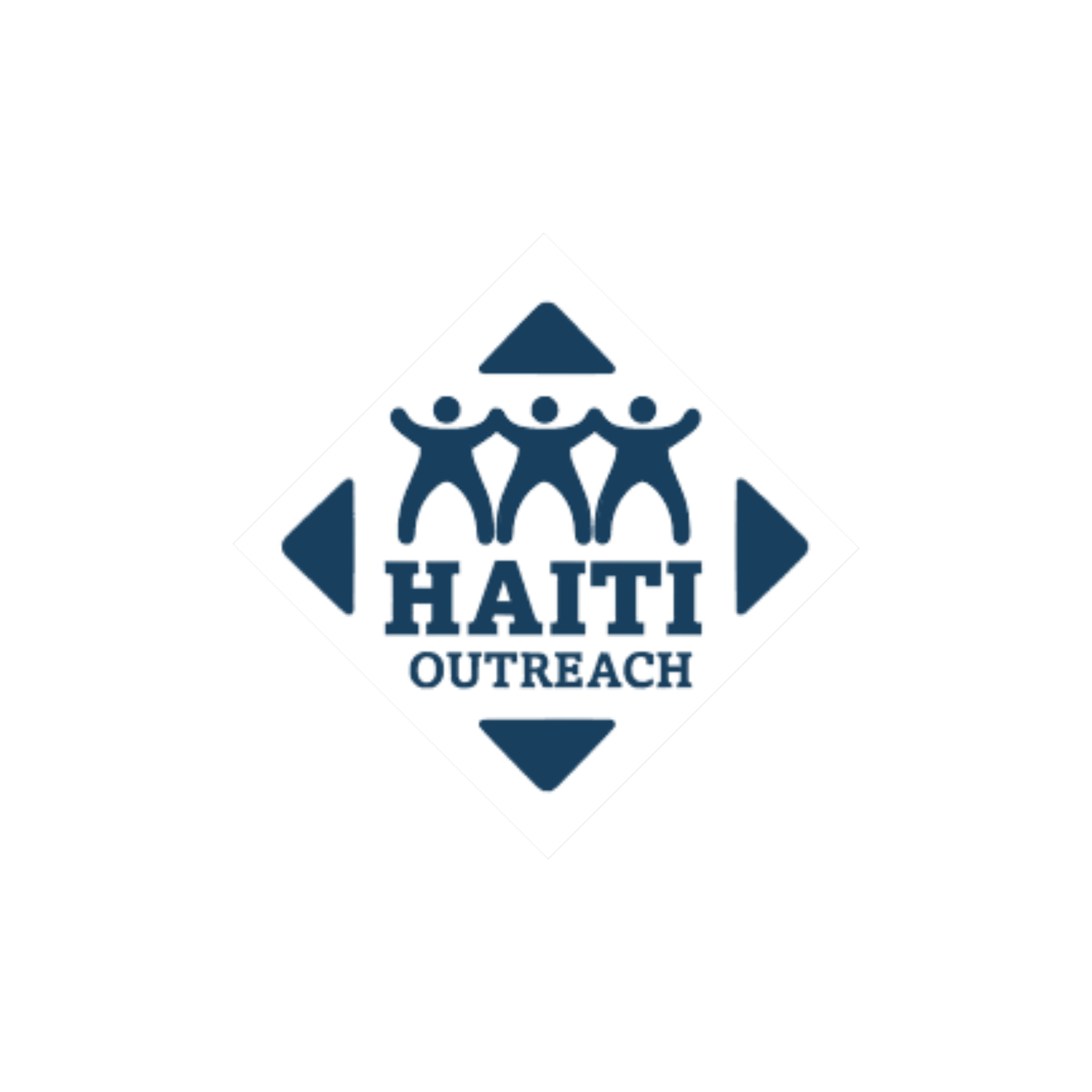
Municipal Leadership Program
Our sustainable development leadership coaching program for municipal leaders integrates the principles of integrity, consistency, transparency, data-driven decision making, and responsibility. Our unique proven coaching methodology helps leaders adopt a philosophical change in their approach from relief to sustainable development.
The curriculum developed by our Haitian staff sets authorities up for success in moving the country towards development. Transforming mindsets to take responsibility is essential to generating the ownership and critical thinking necessary for continuous delivery of WASH services and beyond. The coaching program is a 6-year process working with each commune on their unique needs.
This program is critical to moving the country towards a development and is the pathway to lasting systemic change.
Commune Action Plan (CAP)
One of the first actions Haiti Outreach implements when working with a Mayor’s office is a Commune Action Plan.
Haiti Outreach collaborates with local stakeholders to develop Commune Action Plans (CAPs) aimed at providing sustainable and equitable access to clean water and sanitation services across Haiti.
The CAP development process:
Assessment of Current Infrastructure:
Conduct comprehensive surveys to identify existing water and sanitation facilities within the commune.
Evaluate the functionality, management, and potability of these facilities.
Community Engagement:
Engage local leaders, including mayors and community representatives, to gather insights and foster collaboration.
Ensure that the action plan aligns with the specific needs and priorities of the community.
Strategic Planning:
Define clear objectives to achieve universal access to safely managed water and sanitation services.
Develop a roadmap outlining necessary interventions, such as infrastructure rehabilitation, new installations, and capacity-building initiatives.
Implementation Framework:
Establish a management structure to oversee the execution of the action plan.
Identify key partners, including local authorities, NGOs, and international organizations, to support various aspects of the plan.
Monitoring and Evaluation:
Implement mechanisms to regularly assess progress and ensure accountability.
Adjust strategies as needed based on feedback and evolving circumstances.
By following this process, Haiti Outreach provides tools to create sustainable and community-driven solutions that address the unique challenges of each commune, ultimately contributing to improved public health and quality of life throughout Haiti.

